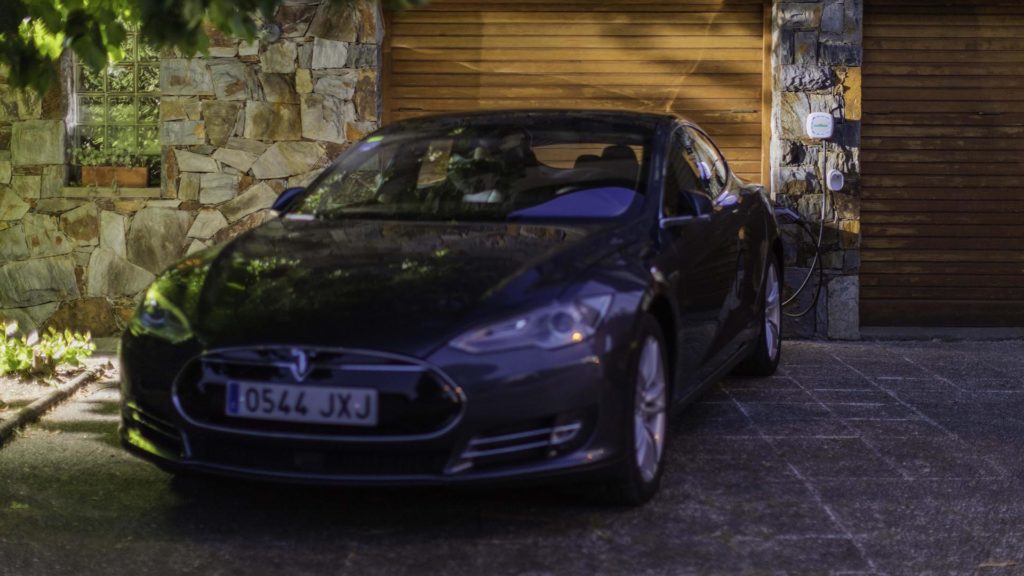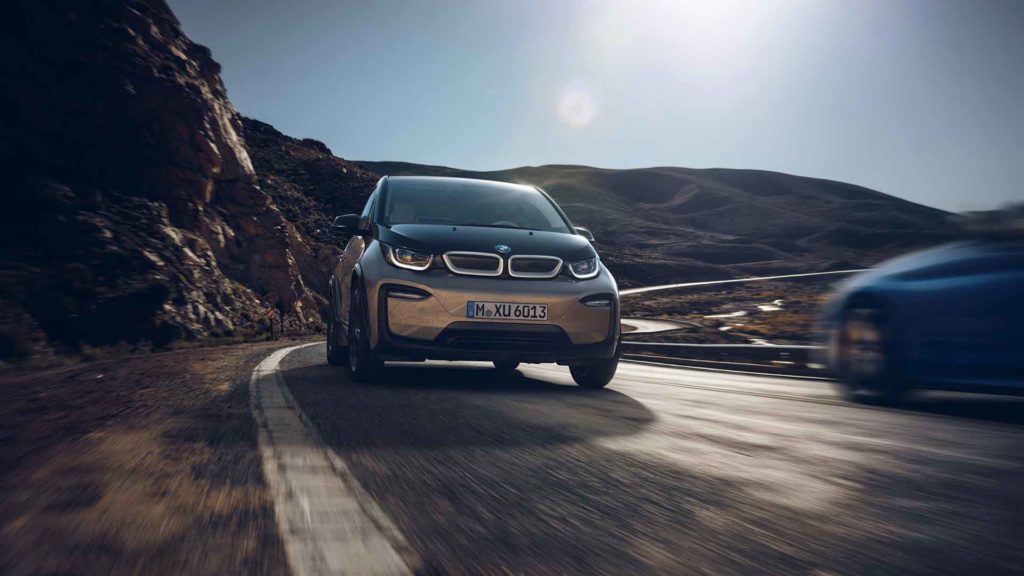A leading extended car warranty provider has revealed analysis of long-term electric car powertrain reliability.
It’s an attempt to disprove the common misconceptions that used electric cars are unreliable and offer poor longevity. The research focused on three popular models: Tesla Model S, Nissan Leaf and BMW i3.
To complete the analysis, Warrantywise took into account the frequency of repairs, common faults, cost of repair and the age at the time of repair. It also factored in the rate of repair and the average cost of repair for similar combustion vehicles.
The Nissan Leaf is the most reliable of the three electric cars, with just two of the vehicles covered by Warrantywise requiring repairs. The problems were minor: a mirror assembly and an electrical fault. For reference, the Nissan Juke has a repair percentage of 14 percent.
Tesla is the most troublesome

There’s more good news for BMW i3 buyers. Although the repair percentage is slightly higher at 18 percent, the BMW 1 Series is more troublesome, with a 21 percent repair rate. The air conditioning and electrical systems are the most common problems.
Thanks to a 41 percent repair rate, the Tesla Model S is the most troublesome of the three. Although the majority of repairs centred around electrical faults rather than issues with the electric motors and batteries, used Model S buyers are likely to find this concerning.
Used Nissan Leaf prices start from around £5,000, but you’ll pay at least £30,000 for a second-hand Tesla Model S. Given the potential reliability issues, the Leaf might make more sense for someone considering their first electric car.
‘EVs can be a great used buy’

Lawrence Whittaker, CEO of Warrantywise, said: “Scepticism surrounding the reliability and powertrain longevity of EV technology – particularly the ability of the batteries to consistently hold full battery charging capacity – has been a concern in the early uptake of plug-in electric vehicles.
“It is really encouraging to see that the major EV components such as the powertrain, outperform petrol and diesel counterparts after the manufacturer’s warranty expires. Overall numbers of repairs and the severity and complexity of them are encouragingly low for anyone eyeing up a second-hand EV bargain.
“Our reliability data index provides the most accurate snapshot of real-world data anywhere in the market and helps to prove that plug-in EVs can be a great used buy. With a Warrantywise plan in place, buyers have complete peace-of-mind that they are fully covered against any major mechanical defects for the duration of their cover.”
Click here for more electric car buying advice.
ALSO READ

